Home>Garden Essentials>What Temperature Do Onions Germinate
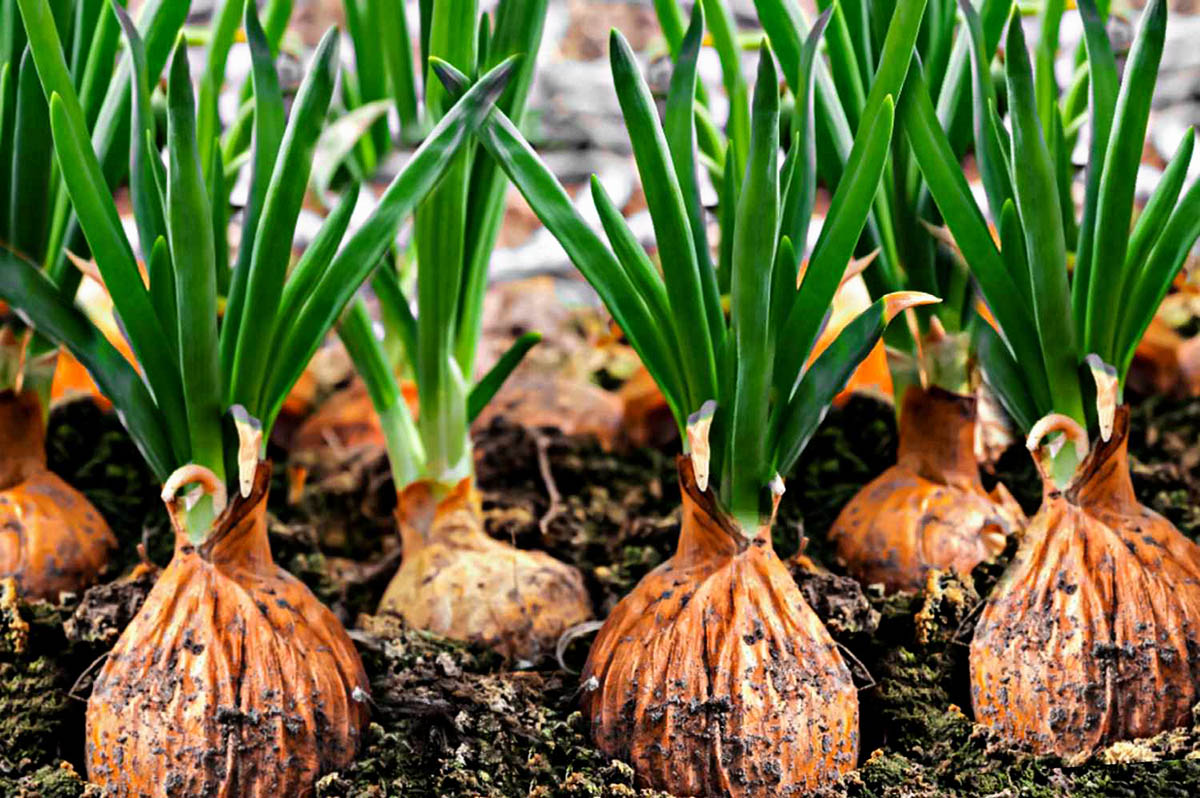

Garden Essentials
What Temperature Do Onions Germinate
Modified: March 24, 2024
Discover the ideal garden temperature for onions to germinate and thrive. Learn how to create the perfect environment for successful onion growth in your garden.
(Many of the links in this article redirect to a specific reviewed product. Your purchase of these products through affiliate links helps to generate commission for Storables.com, at no extra cost. Learn more)
Introduction
Welcome to our comprehensive guide on onion germination and the temperature requirements for successful onion seed germination. Whether you’re a seasoned gardener or just starting your gardening journey, understanding the optimal temperature conditions for onion germination is crucial for achieving excellent results.
Onions are a versatile and widely grown vegetable, known for their pungent flavor and culinary uses. Whether you want to add a punch of flavor to your favorite dishes or grow your own supply of onions for pickling or storing, properly germinating onion seeds is the first step towards a successful harvest.
Germination is the process by which a seed sprouts and begins to grow into a new plant. During this critical stage, the seed absorbs water, initiates cell division, and sends out a root and shoot. However, onion seeds can be a bit finicky when it comes to germination, requiring specific temperature conditions to ensure optimal sprouting and growth.
In this article, we will explore the various factors that influence onion germination and dive deep into the temperature requirements for successful sprouting. Understanding the impact of temperature on onion seed germination will empower you to create the ideal conditions for your onion seeds and set you on the path to a bountiful onion harvest.
So, let’s jump right in and unravel the mysteries of onion germination!
Key Takeaways:
- Onions germinate best in temperatures between 68-75°F (20-24°C), ensuring healthy sprouting and growth. Avoid extreme cold or heat to maximize germination success.
- Consistent temperatures within the optimal range promote onion seed germination. Techniques like shade cloths and heating mats help create ideal conditions.
Read more: What Temperature Do Plants Germinate In
Factors Affecting Onion Germination
Successfully germinating onion seeds relies on a combination of several factors. Understanding these factors is crucial for creating the ideal conditions to promote onion seed germination. Let’s take a closer look at the key factors that can influence the germination process:
- Temperature: Temperature plays a significant role in onion seed germination. Onions are cool-season crops that prefer moderate temperatures. Extreme temperatures, either too cold or too hot, can inhibit or delay germination.
- Moisture: Adequate moisture is vital for onion seed germination. Dry soil can prevent the seed from absorbing water and initiating the germination process. However, excessive moisture can lead to rotting. Striking the right balance is essential.
- Soil Quality: The quality of the soil affects onion seed germination. Well-draining soil with ample organic matter provides a favorable environment for the seeds. Compacted or poor-quality soil may hinder germination and overall plant development.
- Light Exposure: Onion seeds do not require light to germinate. In fact, they prefer darkness. Exposing the seeds to direct sunlight during germination may inhibit sprouting or cause premature sprouting.
- Seed Quality: Seed viability and quality are essential for successful germination. Using fresh, high-quality onion seeds from a reputable source increases the chances of successful germination.
- Seed Depth: The depth at which the seeds are planted can influence germination. Onion seeds should be sown at a depth of around 1/4 to 1/2 inch, ensuring they are adequately covered but not buried too deeply.
By considering and optimizing these factors, you can greatly enhance the chances of successful onion seed germination. However, one of the most critical factors that profoundly impacts germination is temperature, which we will explore in detail in the following section.
Temperature Requirements for Onion Germination
Temperature plays a critical role in the germination process of onion seeds. Onions are cool-season crops that thrive in moderate temperatures. Understanding the temperature requirements for optimal onion germination will help you create the ideal conditions for successful sprouting.
Generally, onion seeds germinate best when the soil temperature ranges between 45 to 85 degrees Fahrenheit (7 to 29 degrees Celsius). However, the optimal temperature for onion seed germination is around 68 to 75 degrees Fahrenheit (20 to 24 degrees Celsius).
It is important to note that soil temperatures and air temperatures can vary, especially in different climates and seasons. Soil temperatures tend to be more stable than air temperatures, making it a better indicator of the conditions experienced by the onion seeds during germination.
Additionally, it is crucial to maintain consistent temperatures throughout the germination period. Fluctuating temperatures can cause stress to the seeds, resulting in inconsistent and delayed sprouting.
Consistently cool temperatures of around 55 to 65 degrees Fahrenheit (13 to 18 degrees Celsius) are ideal for initiating onion seed germination. However, once the seeds have sprouted, providing slightly higher temperatures within the optimal range can promote healthy growth.
It is important to protect the onion seeds from extreme temperature conditions, both cold and hot, as they can hinder or even prevent germination. Let’s explore the effects of cold and hot temperatures on onion germination in the following sections.
Optimal Temperature for Onion Germination
The optimal temperature range for onion seed germination is around 68 to 75 degrees Fahrenheit (20 to 24 degrees Celsius). Within this temperature range, onion seeds have the best chance of sprouting and developing into healthy seedlings.
At temperatures below the optimal range, onion germination can be significantly delayed or inhibited. Cold temperatures can cause the seed coat to harden, preventing water absorption and germination. If the soil temperature drops below 50 degrees Fahrenheit (10 degrees Celsius), onion seeds may enter a state of dormancy and remain dormant until the temperature rises.
On the other hand, if the temperatures rise above the optimal range, onion seed germination can also be negatively affected. High temperatures can lead to poor germination rates and inadequate root development. When exposed to excessive heat, the seeds may become desiccated and lose their viability.
It is important to maintain a consistent and optimal temperature range throughout the germination period. Fluctuating temperatures can cause stress to the seeds and result in uneven or unsuccessful sprouting.
To achieve the optimal temperature for onion germination, you can use various methods such as planting onion seeds in a greenhouse or using heating mats to provide bottom heat. These techniques help regulate the temperature and create a favorable environment for successful germination.
By understanding and providing the optimal temperature conditions, you can maximize the germination success rate and ensure healthy onion seedling development.
Temperature Ranges for Onion Germination
Onion seeds have specific temperature requirements for successful germination. Understanding the temperature ranges at which onion seeds can germinate will help you determine the best conditions for sprouting and plant development.
The ideal temperature range for onion germination is around 68 to 75 degrees Fahrenheit (20 to 24 degrees Celsius). However, onion seeds can still germinate within a wider temperature range, albeit with varying success rates.
Here are the different temperature ranges and their effects on onion seed germination:
- Optimal Range (68-75°F / 20-24°C): This is the ideal temperature range for onion germination. Seeds are most likely to sprout and grow into healthy seedlings within this range. Maintaining consistent temperatures within this range will promote optimal germination rates.
- Cool Range (55-65°F / 13-18°C): Cooler temperatures still support onion germination, although the process may be slower compared to the optimal range. If the soil temperature consistently stays within this range, you can expect successful germination, albeit with a longer time frame.
- Upper Tolerable Range (75-85°F / 24-29°C): Onion seeds can still germinate in higher temperatures, but the success rate starts to decline. High temperatures can negatively impact germination rates, resulting in reduced viability and slower growth.
- Lower Tolerable Range (45-55°F / 7-13°C): Cooler temperatures within this range can cause delays in germination or even inhibit the process. If the soil temperature consistently falls within this range, it is best to wait for warmer conditions to improve germination rates.
It is essential to note that soil temperatures and air temperatures may not always align. Monitoring the soil temperature using a soil thermometer can provide a more accurate indication of the conditions experienced by the onion seeds. Maintaining consistent temperatures within the preferred ranges will maximize the chances of successful germination.
When planning your onion seed planting, it’s crucial to consider the average temperatures in your region during the germination period. This will help you create the optimal conditions for your onion seeds and increase the likelihood of successful sprouting and healthy plant growth.
Onions germinate best at temperatures between 68-77°F (20-25°C). Keep the soil consistently moist and provide good air circulation for successful germination.
Read more: What Soil Temperature Do Weeds Germinate
Effect of Cold Temperatures on Onion Germination
Cold temperatures can have a significant impact on the germination process of onion seeds. While onions are cool-season crops, they still have temperature limits beyond which germination can be inhibited or delayed.
When exposed to cold temperatures, typically below 50 degrees Fahrenheit (10 degrees Celsius), onion seed germination can be negatively affected in several ways:
- Hardening of Seed Coat: Cold temperatures can cause the seed coat to harden, making it difficult for the seed to absorb water. This inhibits the germination process as the seed needs to imbibe water to initiate growth.
- Dormancy: If the soil temperature drops below 50 degrees Fahrenheit (10 degrees Celsius), onion seeds may enter a state of dormancy. In this dormant state, the seeds remain inactive and will not sprout until the temperature rises to a more favorable range.
- Delayed Germination: Even if the seeds do not enter dormancy, cold temperatures can significantly slow down the germination process. The rate at which the seeds absorb water and begin sprouting is reduced, resulting in a longer germination period.
- Decreased Germination Rate: Cold temperatures can also lead to a decrease in germination rates. Some seeds may fail to germinate altogether, resulting in uneven or patchy seedlings.
- Inadequate Root Development: Cold temperatures can hamper the development of a robust root system in onion seedlings. This can impact the overall growth and health of the plants during subsequent stages.
To mitigate the negative effects of cold temperatures on onion germination, it is essential to wait for the soil to warm up before sowing the seeds. Monitoring the soil temperature using a soil thermometer can help determine the optimal time for planting. Additionally, providing bottom heat through the use of heating mats or using greenhouses can help create a more favorable temperature environment for germination.
By taking steps to protect onion seeds from prolonged exposure to cold temperatures, you can improve germination rates and ensure healthier seedling development.
Effect of Hot Temperatures on Onion Germination
While onions are cool-season crops, they can also be negatively affected by excessively hot temperatures during the germination process. Hot temperatures can have several detrimental effects on onion seed germination:
- Poor Germination Rates: High temperatures can lead to reduced germination rates. The heat can inhibit the germination process, making it challenging for the seeds to sprout and establish roots.
- Desiccation: Excessive heat can cause the onion seeds to become desiccated, or excessively dried out. The loss of moisture can hinder germination and reduce seed viability.
- Delayed Germination: Heat stress can delay the germination process. The seeds may take longer to absorb water and initiate sprouting, resulting in a longer germination period.
- Poor Root Development: High temperatures can negatively impact root development in onion seedlings. Inadequate root growth can hinder nutrient absorption and overall plant growth.
- Increased Seedling Mortality: Heat stress can lead to increased seedling mortality rates. The stress imposed by hot temperatures can weaken the seedlings, making them more susceptible to diseases and pests.
To mitigate the negative effects of hot temperatures on onion germination, it is important to provide shade or regulate the temperature in the germination area. This can be achieved by using shade cloth, providing adequate airflow, and avoiding direct exposure to intense sunlight during the initial stages of germination.
Additionally, starting the germination process indoors or in a controlled environment, such as a greenhouse, can help maintain optimal temperatures and protect the seeds from extreme heat. Using techniques like bottom heat can also provide a more favorable temperature environment for successful germination.
By taking these precautionary measures, you can minimize the impact of hot temperatures on onion germination, increase germination success rates, and promote healthier seedling growth.
Germination Rates at Different Temperature Levels
The germination rates of onion seeds can vary depending on the temperature conditions they are exposed to. Different temperature levels can have a direct impact on the speed and success of onion germination. Let’s explore the germination rates at different temperature ranges:
- Optimal Temperature Range (68-75°F / 20-24°C): Within the optimal temperature range, onion seeds have the highest germination rates. Under ideal conditions, you can expect germination rates of around 80% or higher. The seeds sprout relatively quickly and develop into healthy seedlings.
- Cool Temperature Range (55-65°F / 13-18°C): Cooler temperatures can result in slightly lower germination rates compared to the optimal range. Germination rates at these temperatures can range from 60% to 80%. While the process may be slightly slower, the majority of well-treated seeds should still sprout successfully.
- Upper Tolerable Range (75-85°F / 24-29°C): As temperatures rise beyond the optimum range, germination rates tend to decline. At temperatures above 75°F (24°C), the germination rates can drop to around 50% or lower. The seeds may take longer to sprout, and the overall success rate diminishes.
- Lower Tolerable Range (45-55°F / 7-13°C): At temperatures below the optimal range, germination rates can be significantly impacted. Germination rates may decrease to around 40% or lower, and the seeds may take much longer to sprout. It is best to avoid planting onion seeds in these colder temperatures to ensure higher germination rates.
It’s important to note that these germination rates are approximate and can vary depending on seed quality, soil conditions, and other factors. However, by providing the most favorable temperature conditions within the optimal range, you can maximize germination rates and ensure a higher success rate overall.
Monitoring and maintaining consistent temperatures during the germination process is vital. Using techniques such as temperature-controlled environments, shade, and heating mats can help create the ideal conditions for onion seed germination and increase the chances of successful sprouting.
By understanding the relationship between temperature and germination rates, you can make informed decisions and take necessary steps to optimize the germination process for your onion seeds.
Conclusion
Understanding the temperature requirements for successful onion seed germination is essential for any gardener looking to grow this versatile and flavorful vegetable. By providing the optimal temperature conditions, you can greatly increase the chances of successful sprouting, healthy seedling development, and ultimately, a bountiful onion harvest.
Onions are cool-season crops that prefer moderate temperatures. The optimal temperature range for onion germination is around 68 to 75 degrees Fahrenheit (20 to 24 degrees Celsius). Within this range, onion seeds are most likely to sprout and grow into vigorous seedlings.
Both cold and hot temperatures can negatively impact onion germination. Cold temperatures can lead to a hardening of the seed coat and potential dormancy, delaying or inhibiting sprouting. On the other hand, high temperatures can result in poor germination rates, desiccation of the seeds, and inadequate root development.
Monitoring and controlling the temperature during the germination period is crucial. Techniques such as using shade cloths, regulating airflow, and providing bottom heat can help create the optimal temperature environment for successful onion germination.
By considering other factors such as moisture, soil quality, light exposure, and seed viability, in addition to temperature, you can further enhance the germination process and set the stage for healthy onion plant growth.
Remember to be patient and consistent in your temperature management, as fluctuations can stress the seeds and lead to uneven germination rates.
With a little knowledge and attention to detail, you can ensure successful onion germination and enjoy a plentiful supply of this flavorful vegetable for use in your culinary creations. So, go ahead and create the ideal temperature conditions, sow your onion seeds, and watch them thrive!
Frequently Asked Questions about What Temperature Do Onions Germinate
Was this page helpful?
At Storables.com, we guarantee accurate and reliable information. Our content, validated by Expert Board Contributors, is crafted following stringent Editorial Policies. We're committed to providing you with well-researched, expert-backed insights for all your informational needs.
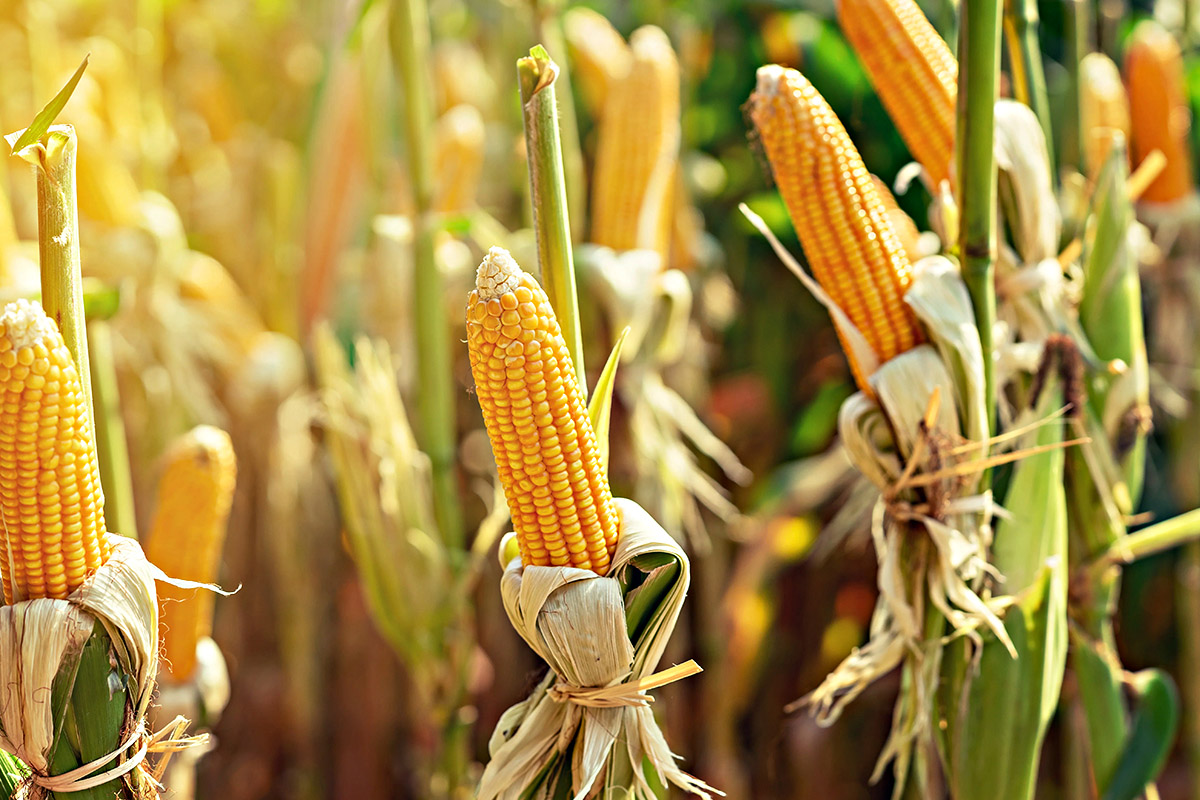
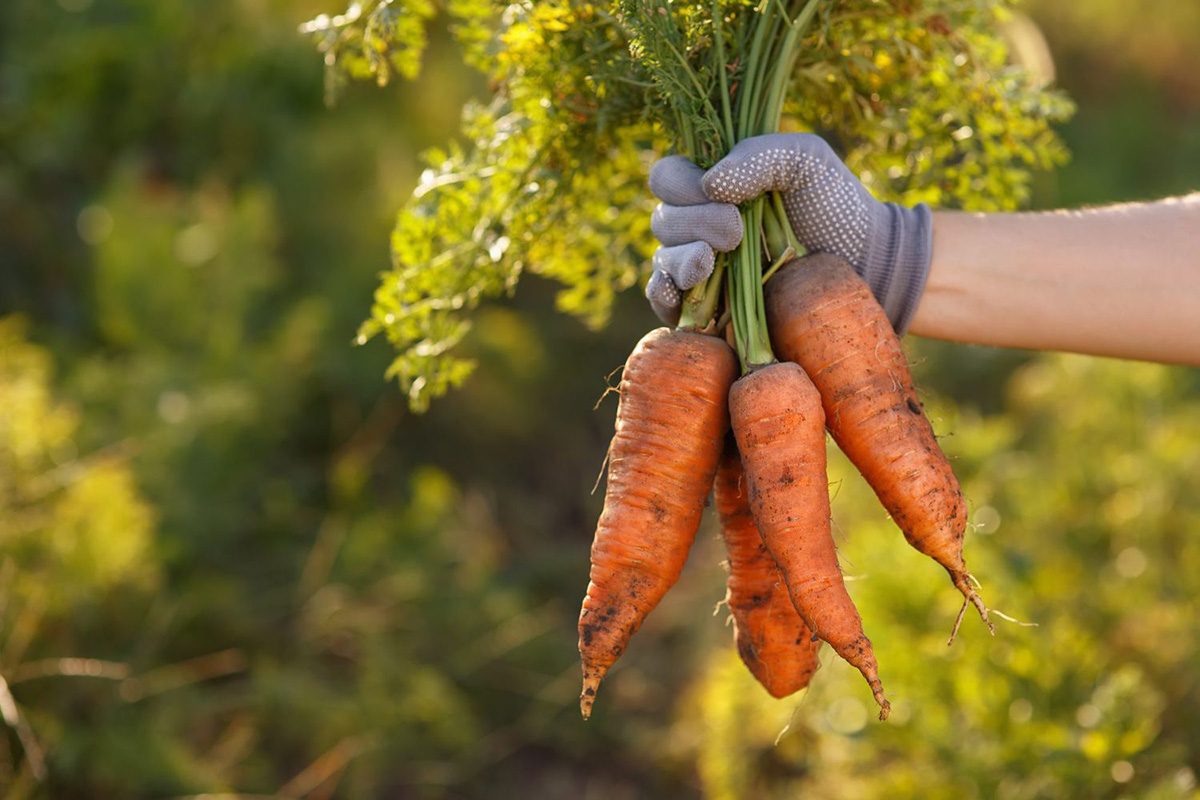
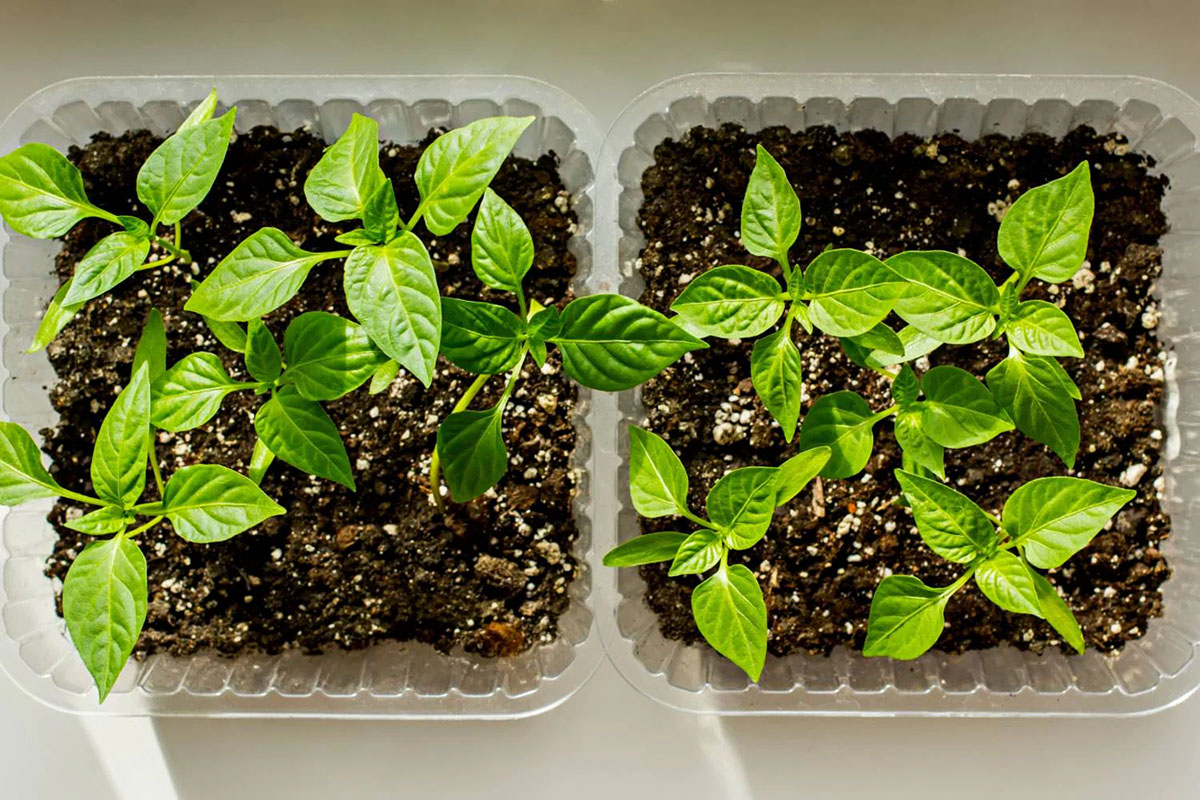
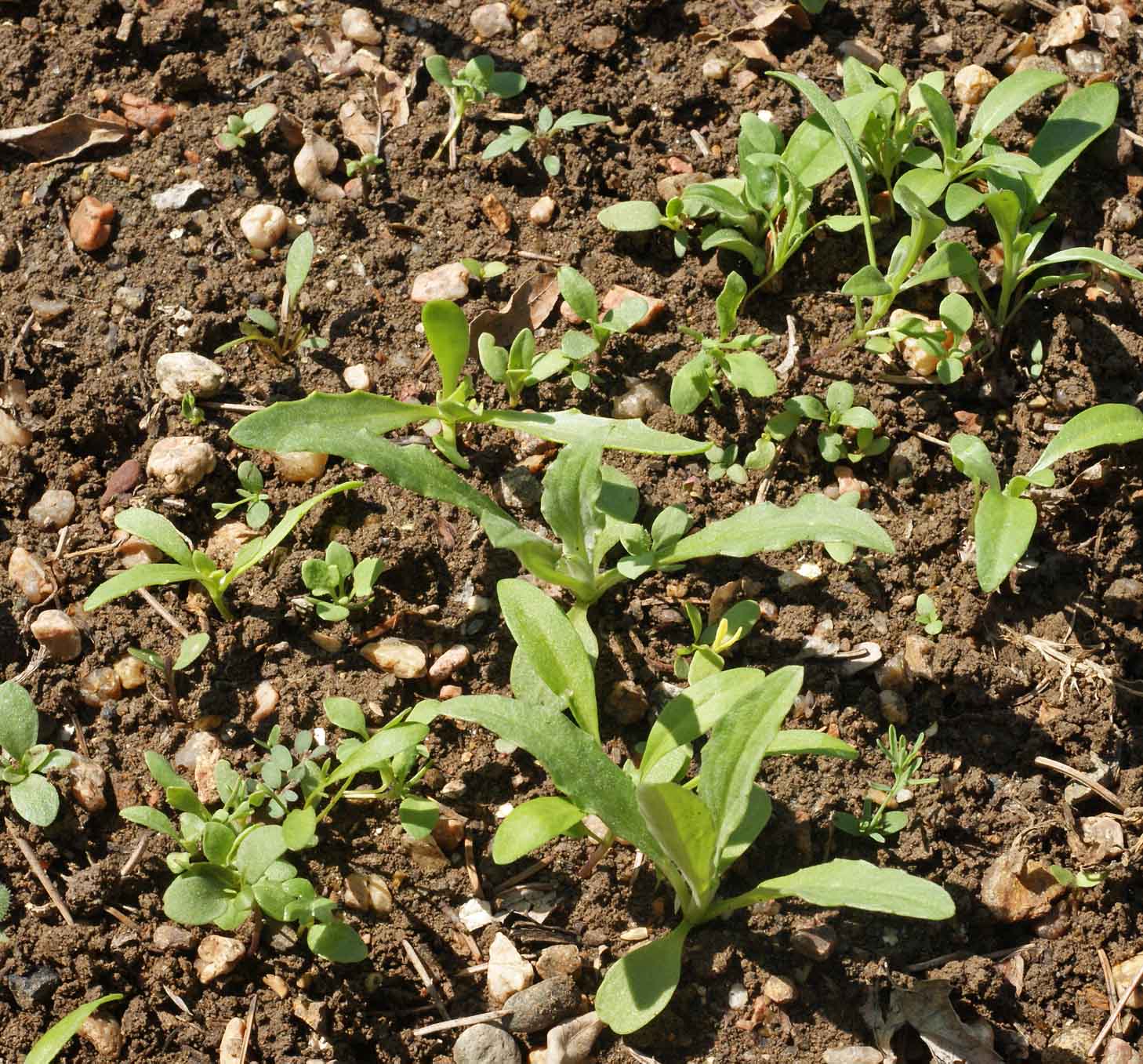
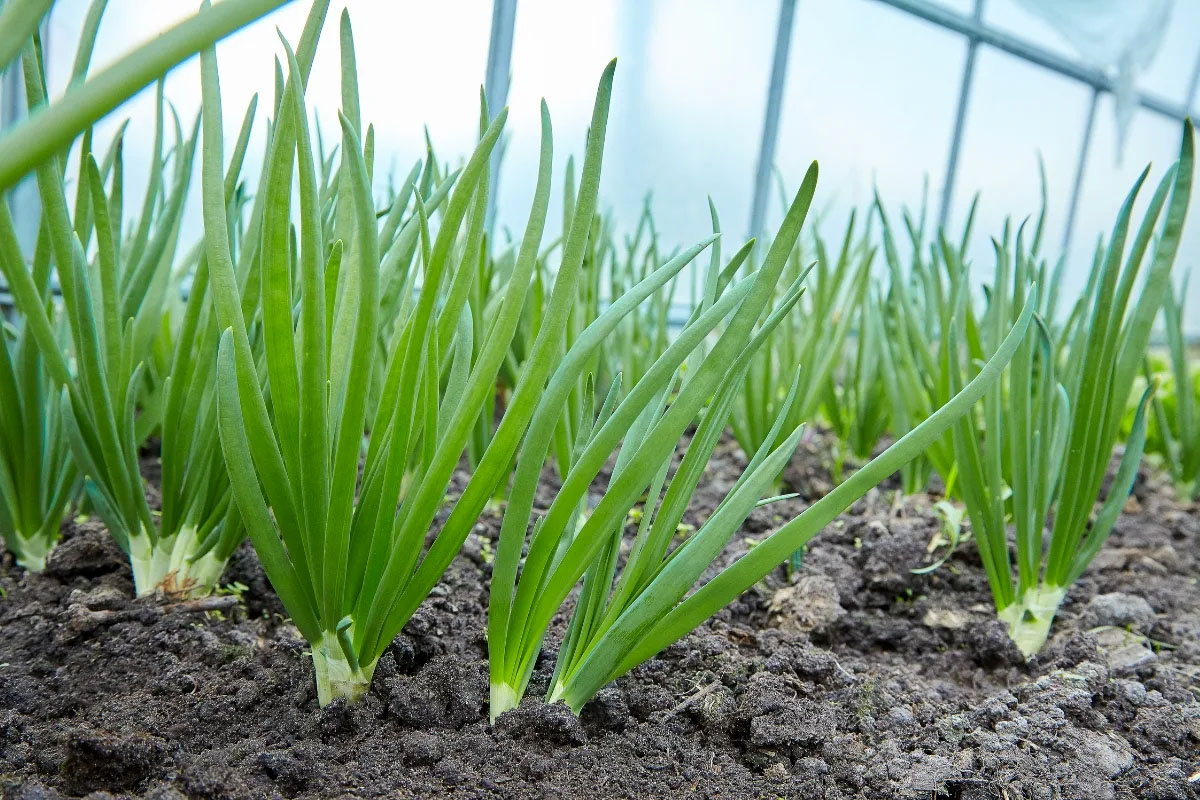
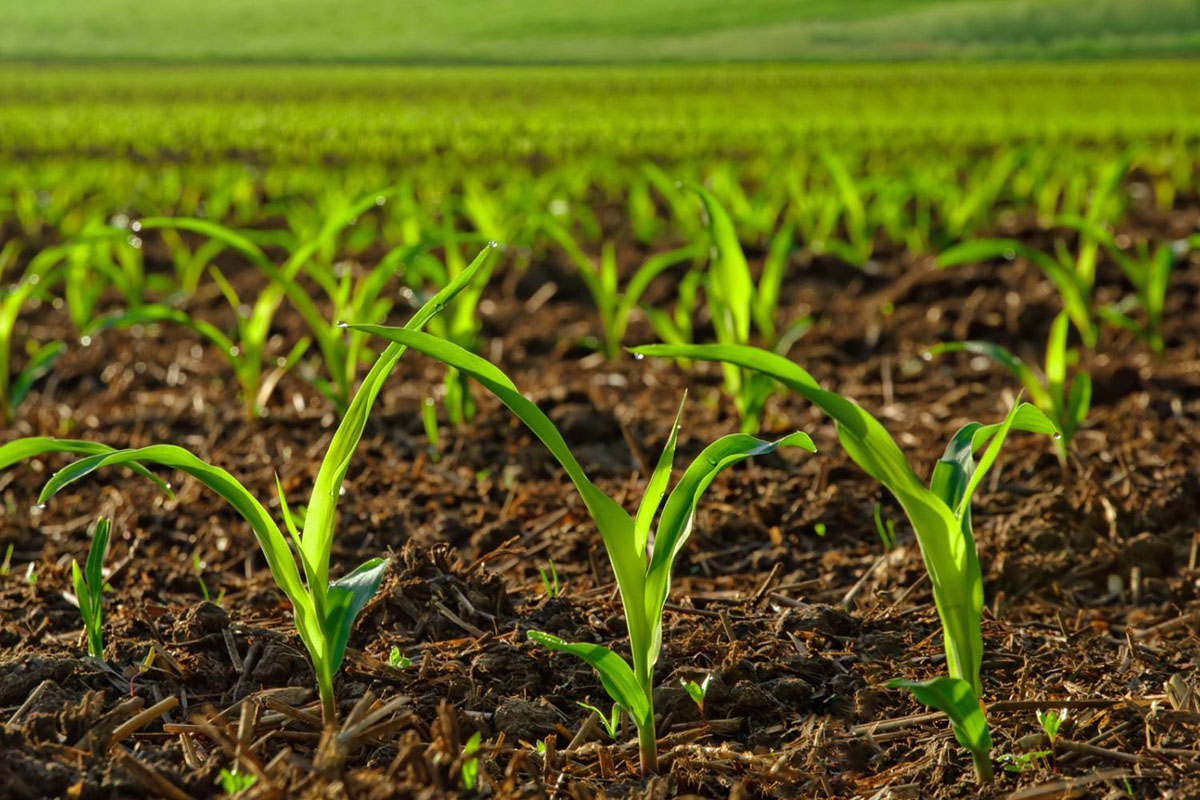
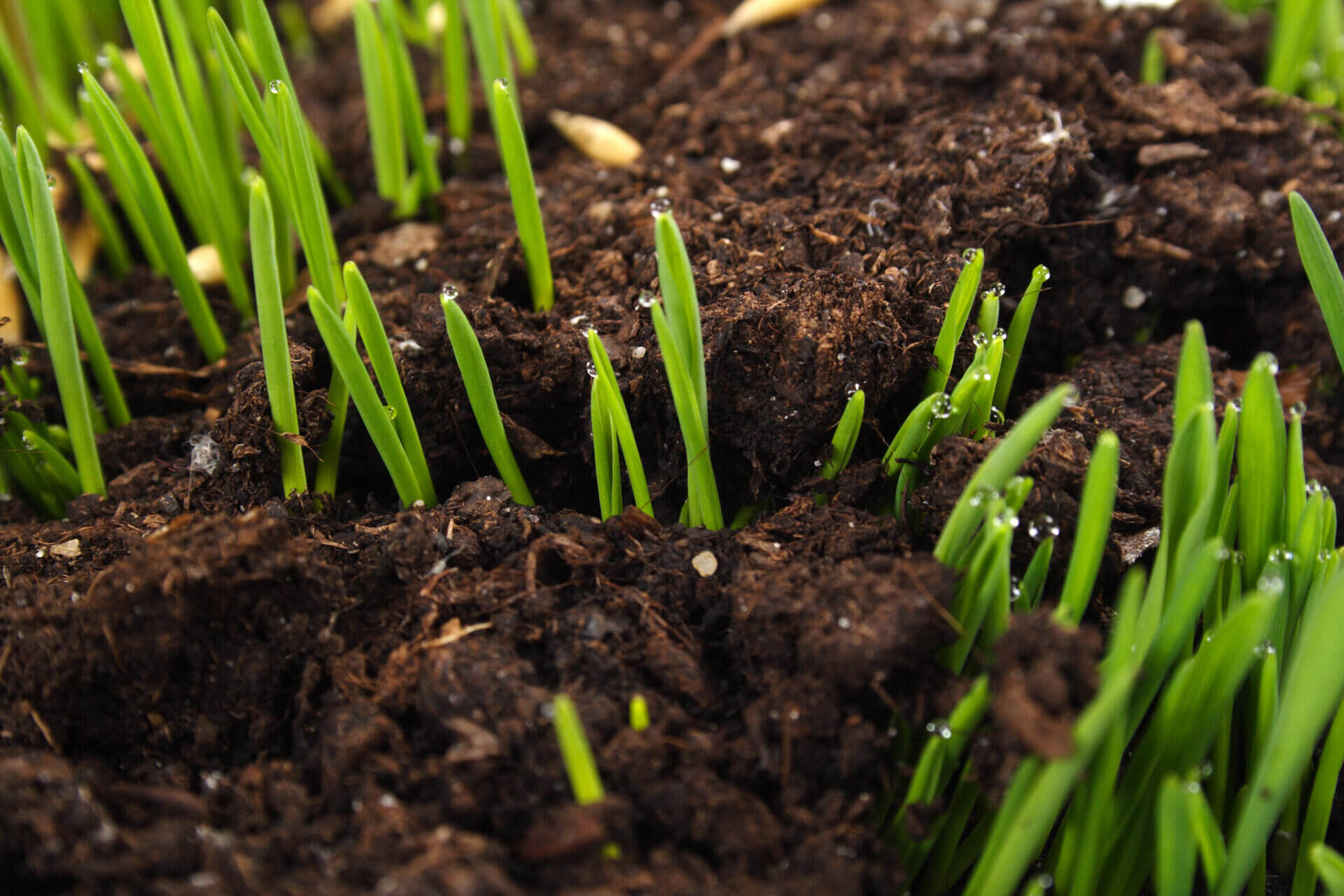
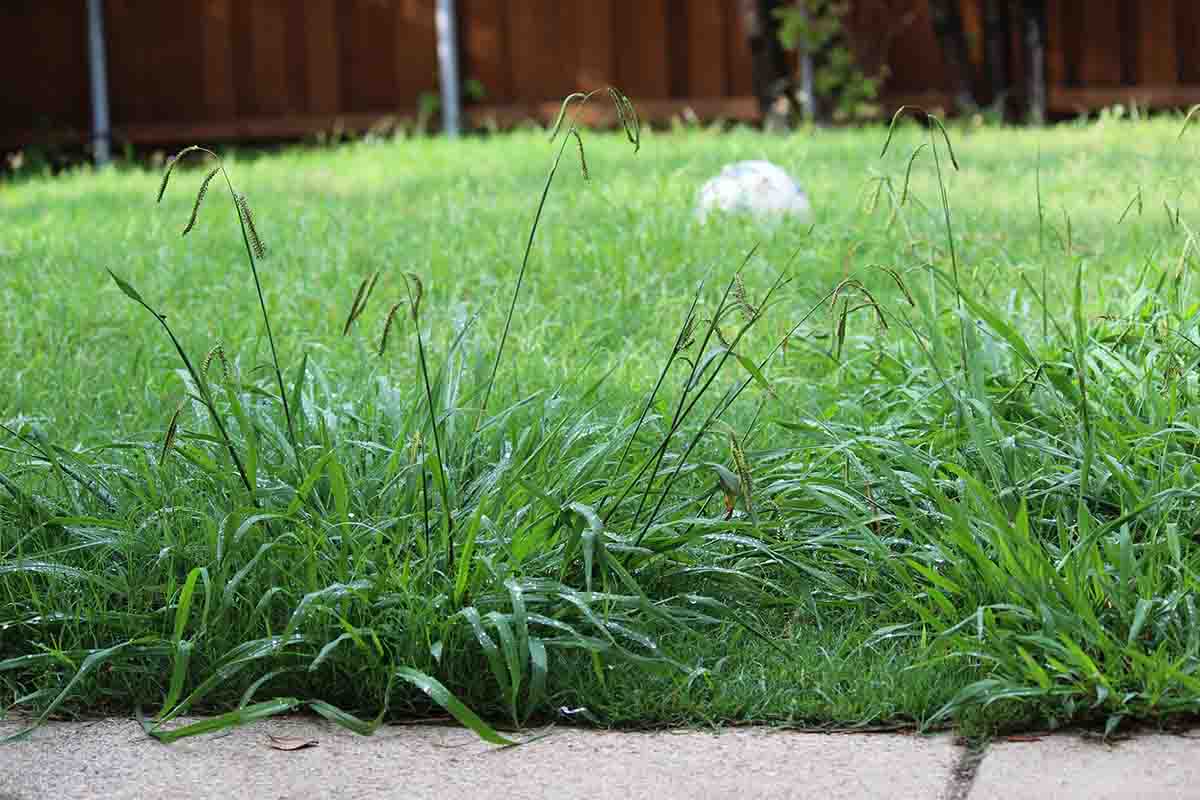
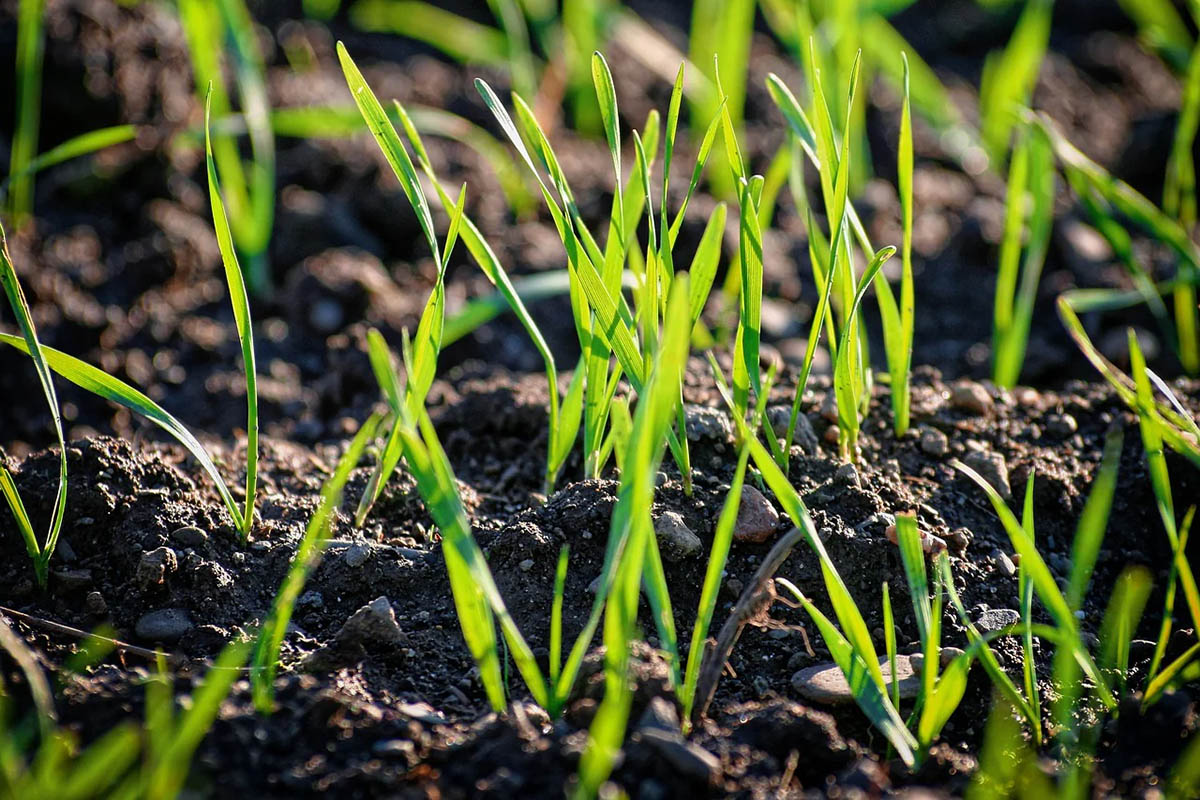
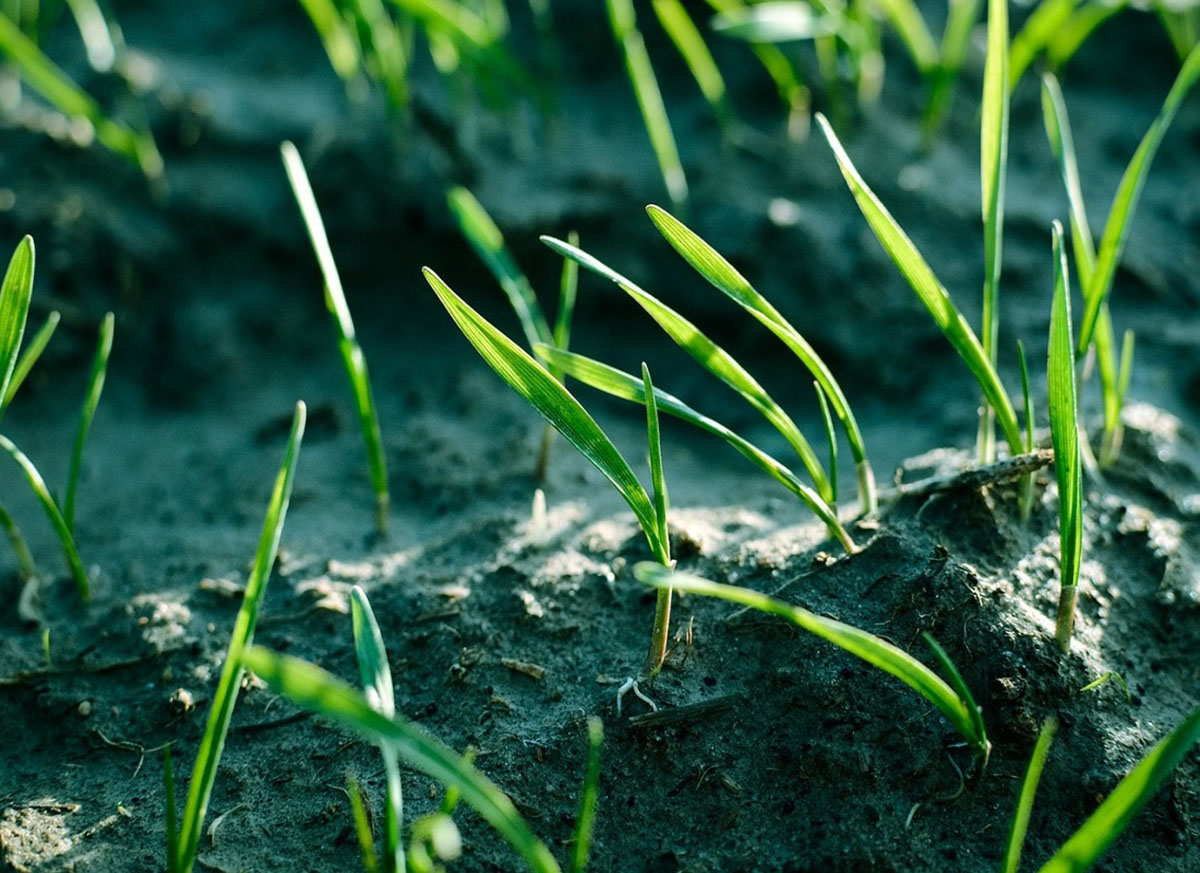
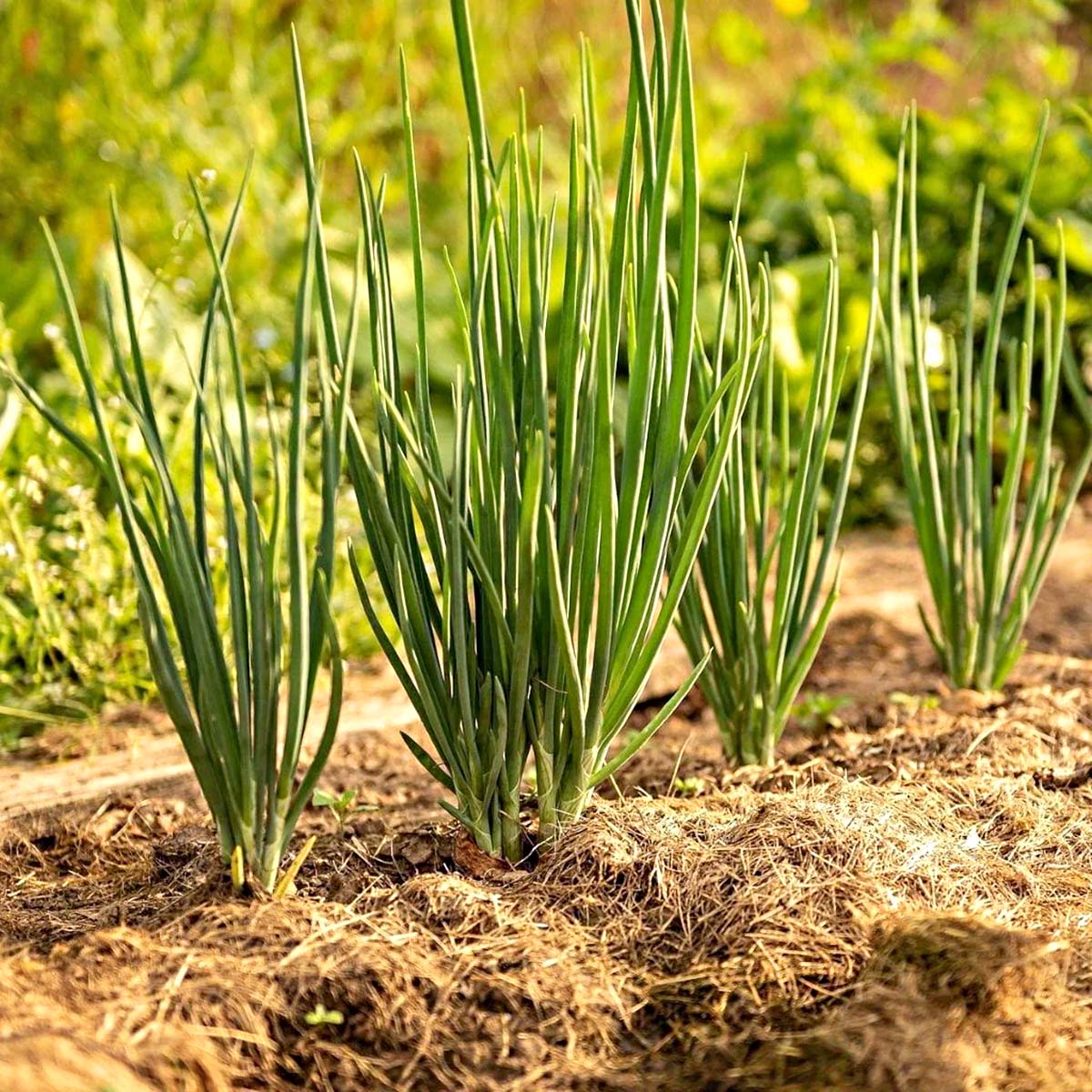
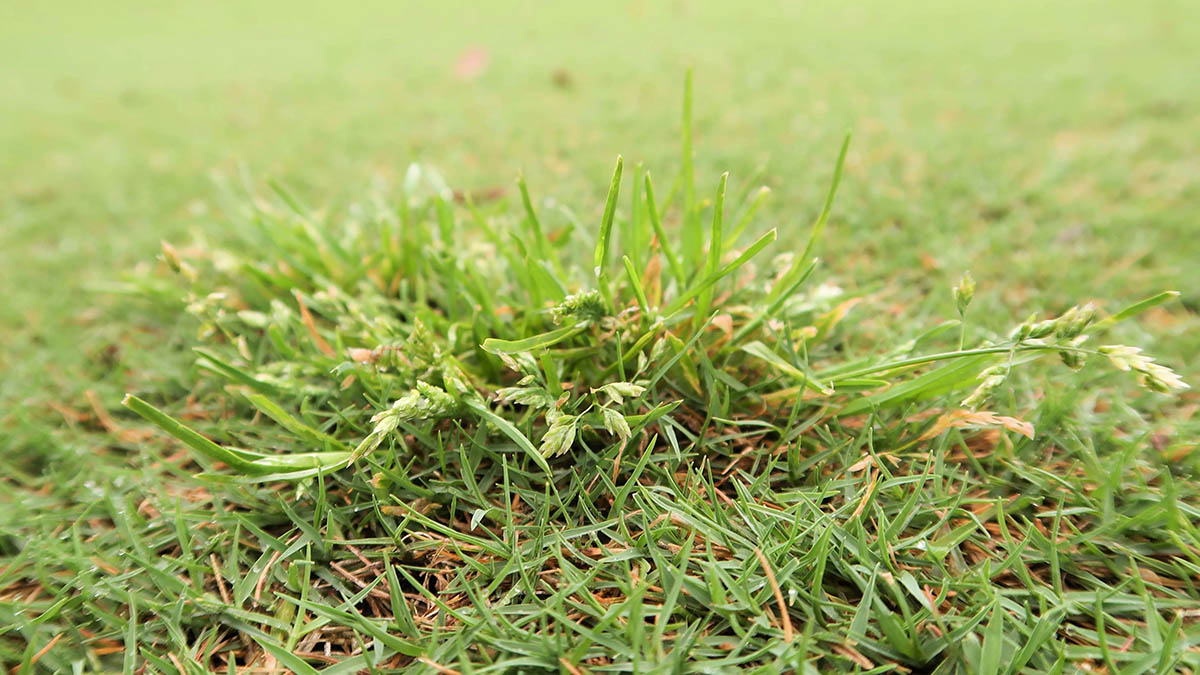
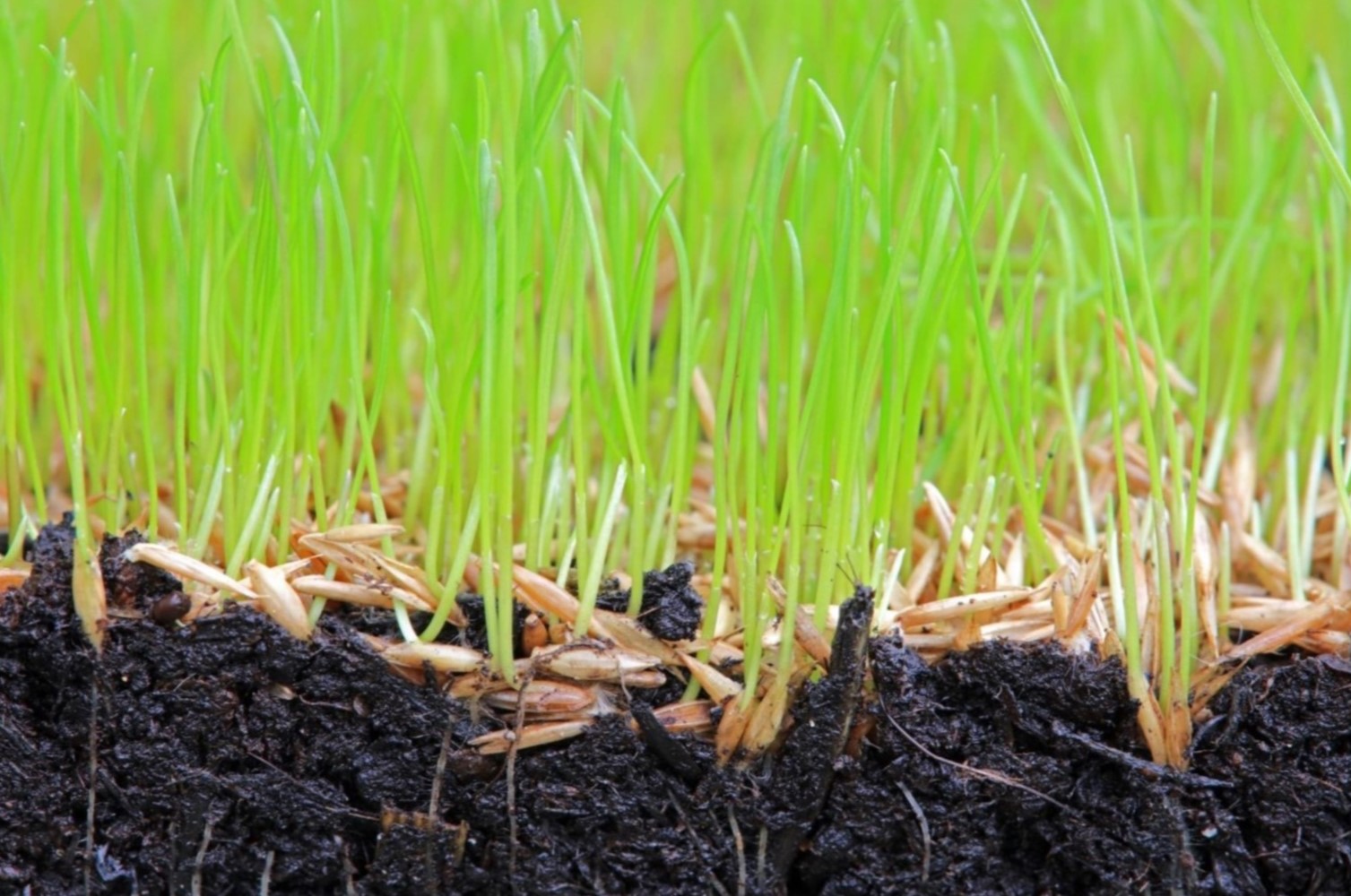
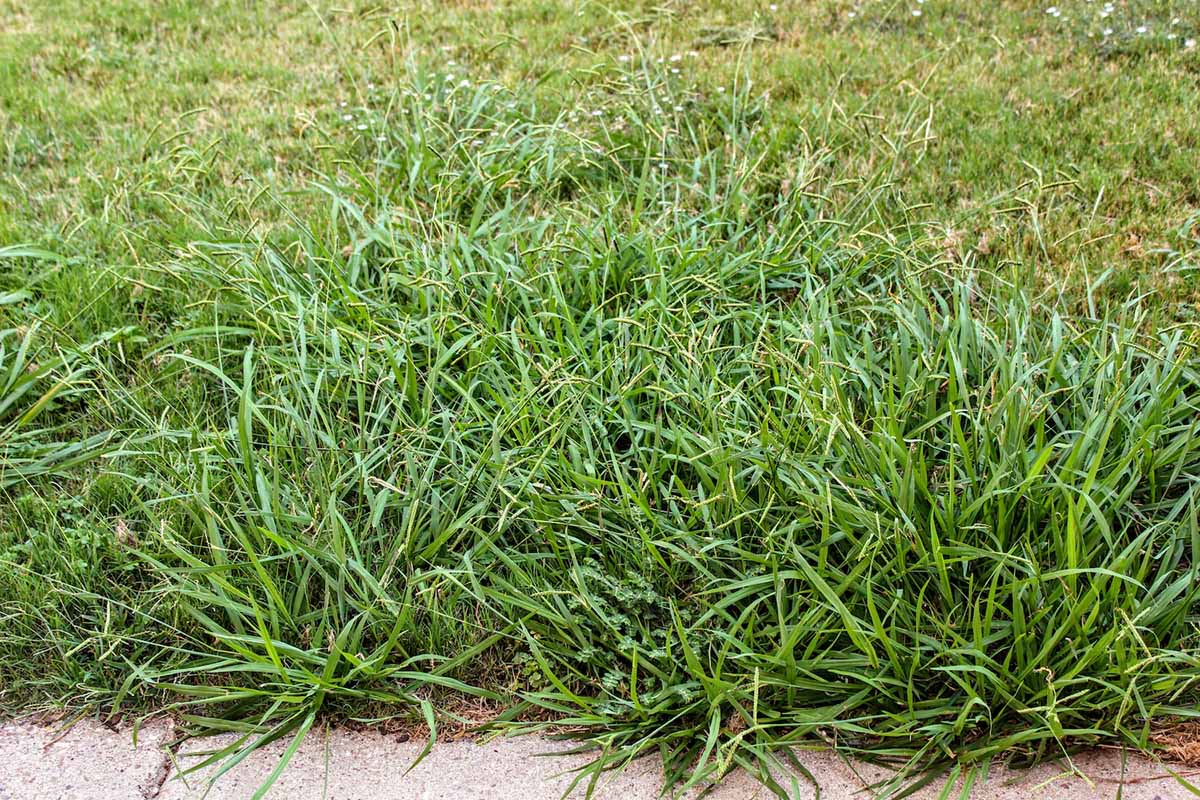

0 thoughts on “What Temperature Do Onions Germinate”